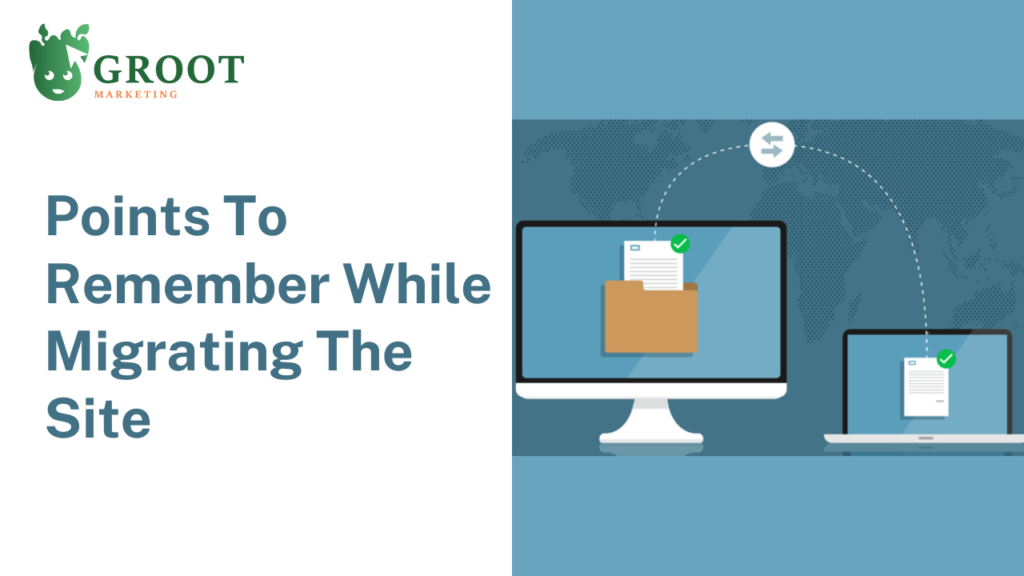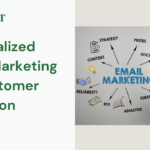Are you thinking about moving your website somewhere else? Whether you’re switching to a new host or trying out a different platform, moving your website is a big deal. It’s not something you want to rush into. You need to plan everything carefully to make sure it goes smoothly and doesn’t mess up your online stuff. Before you start moving, there are eight important things you should think about. These things will help you get ready and make the move WordPress site as easy as possible. So, take your time, think things through, and make sure you’re ready before you start moving your website. It’ll save you a lot of trouble later on.
1. Plan Ahead
Before you start moving your website, it’s important to plan ahead. Look closely at your current website – what stuff it has, how it’s organized, and what it does. Figure out what parts you need to move WordPress website to new host and make a list of what needs to be done first. Planning like this helps you see any problems ahead of time and makes the moving process smoother. So, take your time, check everything out, and make a game plan before you start moving anything.
2. Backup Your Data
Backing up your data is important when moving your website. It’s like making a copy of all your important files and info. This means not just the website itself but also things like your databases, and all the data that makes your site work. If something goes wrong during the move, having a backup means you can easily go back to how things were before. So, before you start moving anything, make sure you’ve got a recent backup of everything. It’s like having a safety net in case things don’t go as planned.
3. Choose the Right Digital Marketing Services
When migrating your website, it’s essential to consider the impact on your digital marketing efforts. Choose the best digital marketing services provider that specializes in website migration services and can help you maintain or improve your online visibility during and after the transition. Whether you’re looking to optimize your SEO or enhance your social media presence, partnering with the right digital marketing agency can make a significant difference.
4. Evaluate Your New Hosting Provider
When picking a new place to put your website, take your time to look at all your options. Think about stuff like how reliable their servers are, if they promise your site will stay up most of the time if they can handle your site growing, and how good their customer support is. It’s also handy if they offer help moving your site over smoothly. So, before you make a choice, check out all these things. Finding the right host can make moving your site a lot easier and help keep it running smoothly in the long run.
5. Test Before Launching
Before you show off your new website to everyone, it’s most important to test it out first. Look for things like broken links, pictures that aren’t showing up, or any other problems that might pop up during the move. Testing helps you catch and fix any issues before your visitors see them. So, take your time and make sure everything works like it’s supposed to. It’s like doing a practice run before the big show. It helps make sure your website is perfect when it goes live.
6. Prepare for SEO Impact
Website migration can have a significant impact on your search engine rankings if not handled correctly. Before migrating, create a comprehensive SEO strategy that includes redirecting old URLs to their corresponding new ones, updating internal links, and submitting updated sitemaps to search engines. Monitor your website’s SEO performance closely post-migration and make necessary adjustments to maintain or improve your rankings. Partnering with a digital marketing service that specializes in SEO can help you navigate this aspect of the migration process effectively.
7. Communicate with Your Audience
Keep your audience informed about the website migration process to minimize confusion and ensure a seamless transition. Use email newsletters, social media posts, and website notifications to communicate important updates, such as downtime schedules and anticipated changes. By keeping your audience in the loop, you can maintain trust and mitigate any potential frustrations.
8. Monitor Performance Post-Migration
Once you migrate WordPress site, closely monitor its performance to identify any issues that may arise. Keep an eye on metrics such as site speed, traffic, and conversions to ensure everything is functioning as expected. Address any performance issues promptly to maintain a positive user experience and prevent potential loss of traffic or revenue.
To sum up, moving your website is a big job that needs lots of careful thinking and doing things in the right order. If you think about these eight things before you start, it’ll make the whole process much smoother. First, plan everything out carefully. Then, make sure you’ve got copies of all your important stuff. Pick the right people to help with your online marketing. Choose a good place to put your website. Before you show it off, test everything to make sure it’s working right. Keep your visitors informed about what’s happening. And after you’ve moved, keep an eye on how your website is doing. If you do all these things properly, moving your website doesn’t have to be stressful or take up too much time. It’s all about getting ready and paying attention to the details so everything goes smoothly in the end.







